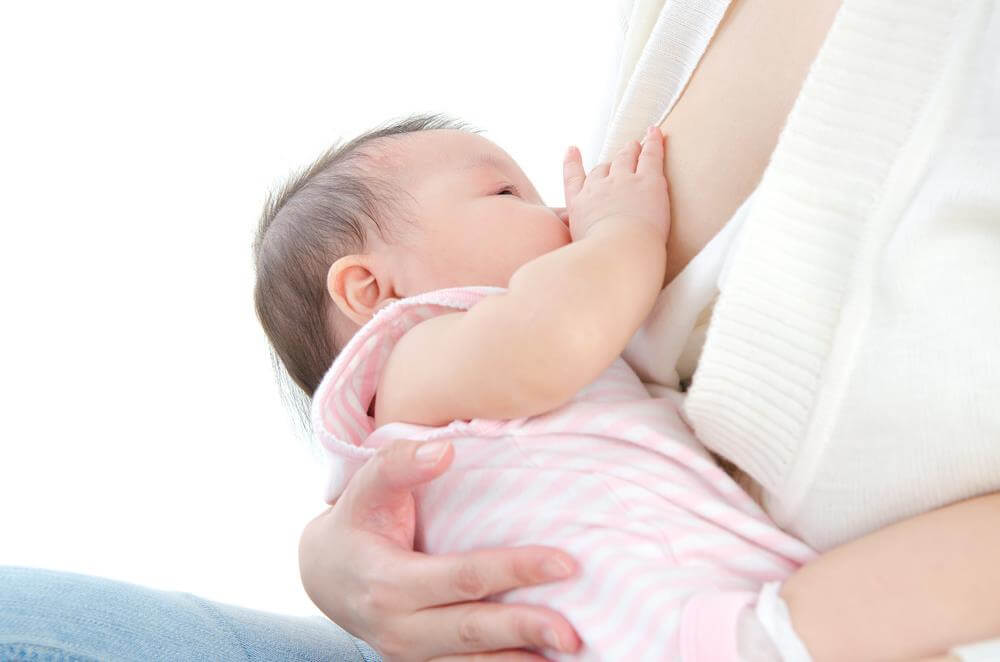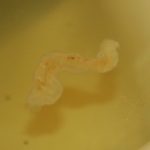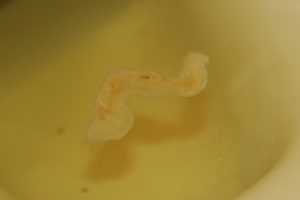After the birth of a child, the very common question most of the females have Can you breastfeed with implants its first natural instinct after crying is to seek out its mother’s breast to find sustenance, comfort and protection. In fact, breastfeeding is recommended for the healthcare workers and WHO to be the only source of food for the infant during the first six months of its life continuing until the age of at least one to two years. A baby should start nursing from its mother’s breast within 1 hour after being birthed and should be allowed to breastfeed as long and as often as it wants. The time and duration of nursing vary from baby to baby. Usually, a baby breastfeeds 8-12 times a day during the first week of its life, but this frequency starts to decrease as the baby starts getting older.
Breastfeeding has proven to be beneficial for both the infant and the mother. For the baby, it is the best nutrition which can be given because breast milk is proven to be excellent for the health of the baby while the act of breastfeeding benefits the mother.
Some Effects of Breastfeeding On the Baby are given below:
- If breastfeeding is started early, the increased amount of skin contact between the mother and infant results in increased stability of the baby’s CVS and respiratory system, as well as a decrease in the baby’s crying.
- Breastfeeding has an enormous impact on the growth and development of a child.
- Breast milk has several factors (bile salt-stimulated lipase, lactoferrin, IgA antibodies) which protect the children from various kinds of infections.
- Breastfed infants have a higher survival rate than children who do not receive breast milk.
- Breastfeeding reduces the risk of both type 1 and types two diabetes.
- It also has a reductive effect on childhood obesity.
- It enhances the baby’s cognitive abilities.
There are several other diseases which have a lower impact if a baby is breastfed. Mothers also reap several benefits from the breastfeeding of their infants. It results in better uterus shrinkage as well as a reduction in the bleeding after delivery. Apart from these substantial benefits, there are several maternal and emotional benefits arising from breastfeeding.

Can you Breastfeed With Implants ?
Breastfeeding strengthens the bond between a mother and her child. A baby seeks his mother’s breast not only for feeding but also for the comfort of its mother’s embrace. Many studies show that breastfeeding results in the release of oxytocin in both mother and child. This hormone comforts the mother as well as soothes the baby. While breastfeeding, the greater amount of interactions between mother and infant increases their attachment, it also helps the kids’ study their parents’ expressions and exchanging of sounds make the children more responsive to human interactions.
Thus, breastfeeding is considered to be a great tool in the early development of an infant. It is also an excellent way to strengthen the bond between the mother and child. The question arises of whether a mother who has undergone an operation to get breast implants will be able to breastfeed her baby, and thus fulfill the duty which she yearns for after the birth of her child.
Breast implants are an artificial medium which is used to change the shape and size of a woman’s breast. Nowadays they are not only employed in post-mastectomy patients to restore the operated breast to its beginning condition, or in the correction of the congenital defects of the chest wall but they are also used for the purpose of beautification in a procedure called “BREAST AUGMENTATION SURGERY” which enlarges the breast size thus enhancing their appearance.
Many women who undergo this surgery are concerned with their body image, and regardless of the consequences of such a procedure, they decide to go through with it. When these women later find themselves to be expecting, they become concerned that they won’t be able to breastfeed their newborns, thus depriving their child of an important source of comfort and protection.
Studies have shown that women with implants are more than likely to breastfeed their infants, although it mainly depends on the kind of surgery undergone by the woman. Some surgical procedures result in functional difficulties during breastfeeding:
- The periareolar incisions (incisions made around the areola) are most commonly associated with breastfeeding difficulties, while an incision through the armpit or under the breast fold are not likely to cause any difficulties.
- Difficulties in breastfeeding also arise if the milk ducts or lactiferous ducts are cut by the surgeon during surgery or if they are damaged. For e.g. if a breast implant is large or if it is sub glandular it may cause pinching of the milk ducts thus decreasing the flow of milk. In comparison, a sub-muscular or a smaller sized implant may cause fewer amounts of difficulties.
Despite this, it sometimes becomes difficult to predict whether a woman with breast implants will be able to breastfeed, because there are some cases where women who have sub glandular implants can breastfeed their infants while some women with sub muscular implants cannot. The same applies to the position of the incisions.
Surgery is not the only cause of difficulties faced during breastfeeding after getting implants. The mother’s nipples may become more sensitive, making breastfeeding more painful or less susceptible. After delivery, when a mother’s milk comes in, it may cause abnormal breast enlargement and plugging of milk ducts which may result in mastitis (inflammation of breast tissue), making breastfeeding an ordeal for the mother. If there is an infection mothers may also experience fevers and chills. If the fillers used in breast implants leak and they are poisonous for the baby, they may cause toxicity as well as contamination of the infants’ digestive system.
However, despite all these likely difficulties, many studies have proven that a women’s ability to breastfeed is not affected much by breast implant surgery. However, some women cannot breastfeed even without breast implants so as long as a woman can breastfeed naturally, she may be able to do so even with implants. As far as the baby’s health is concerned, if chemically inert fillers are used in implants e.g. silicone or saline, they do not cause any harm to the baby even if they leak.
Thus, expecting mothers need not fear their implants because they can fulfill their babies’ first life requirements even with implants.
Related Article:










